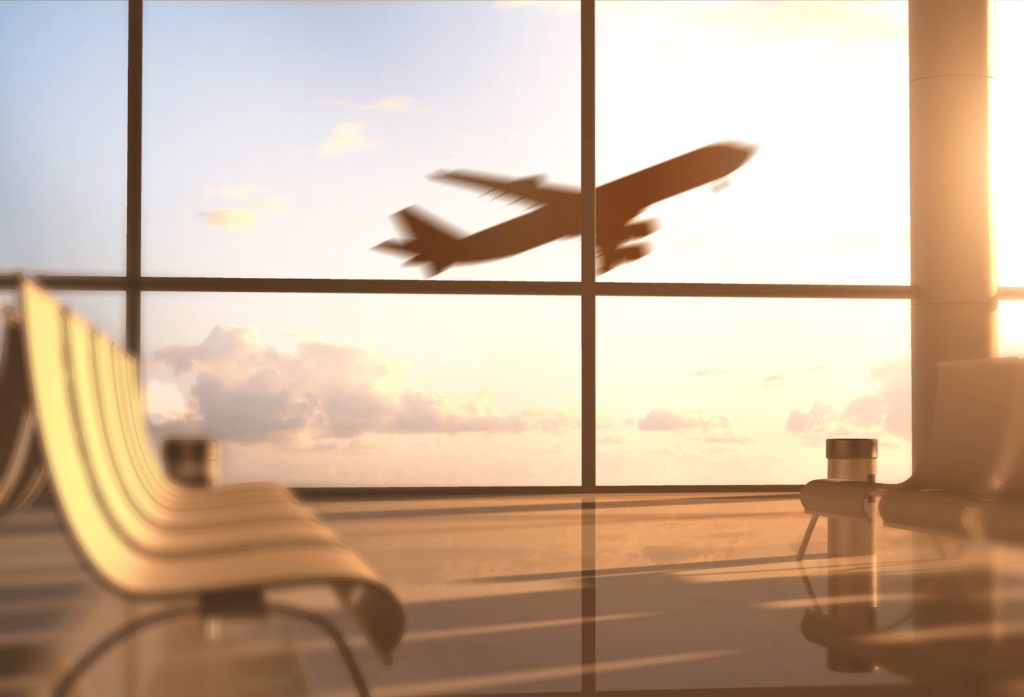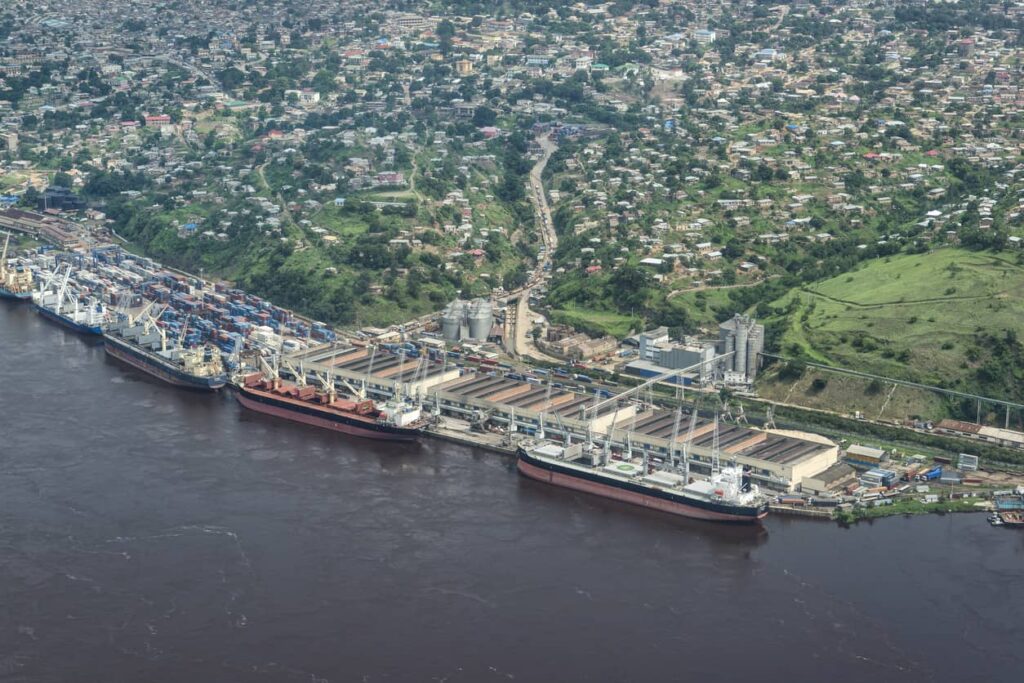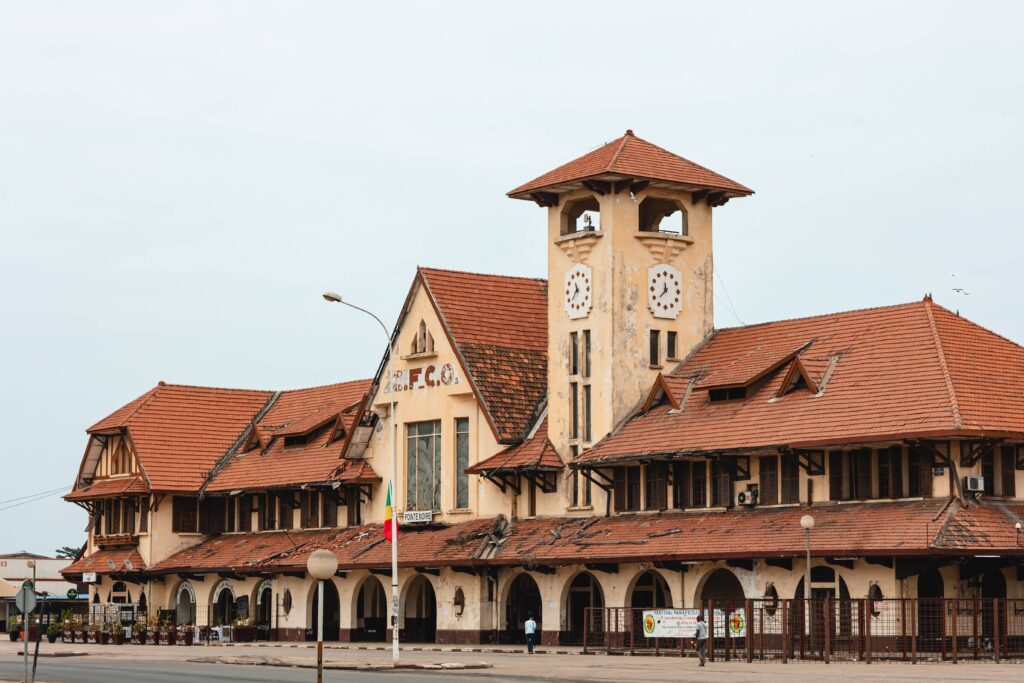- Home
- Getting to know Congo
- Investing in Congo
Investing
in Congo - Tourism
- E-services
E-services
- Vision
- FR
There are several types of visas for entering the country:
Tourist visas, valid for between 2 weeks and 3 months;
Business visas;
or service visas
Diplomatic or service visas, available on presentation of a diplomatic or service passport and an invitation letter or mission order.
Nationals of Cameroon, Central African Republic, Chad, Equatorial Guinea or Gabon are exempt from visa requirements for stays of less than 90 days.
Nationals of countries such as Benin, Ivory Coast, Mauritania, Morocco, Senegal and Togo can obtain a visa directly on arrival in Congo..
Nationals of all other countries are required to have a visa in order to enter Congolese territory.
To obtain a visa, simply go to the nearest Congolese diplomatic representation with the necessary documents, or fill in the online form on the official website of the Congolese embassy..
N.B.: A visa is required for stopovers or travel on a letter of invitation.
Setting up a business in the Republic of Congo opens the door to a dynamic, booming market. Endowed with abundant natural resources and a young, growing population, the Congo offers promising business potential.
The Congolese government encourages investment and has put measures in place to facilitate business start-ups, providing a supportive environment for entrepreneurs eager to seize the opportunities offered by this fast-growing African country.
Find out more about setting up a business in the Republic of Congo:
Customs control at the borders involves travelers declaring goods, money and valuables in their possession.
Outside of border crossings, customs control aims to ensure that travelers and their luggage comply with customs and tax regulations. In international air traffic, customs controls apply to accompanied baggage, postal parcels, cargo, and supplies.
For commercial or business goods carried by passengers, a customs declaration is required for clearance during business hours.
Checks are carried out on money, securities or valuables transferred to or from abroad. Travelers must comply with foreign trade and exchange control regulations.
Penalties for non-declaration or irregular declaration range from fines depending on the amount involved (e.g. 20% for undeclared amounts in excess of one million CFA francs) to confiscation.


